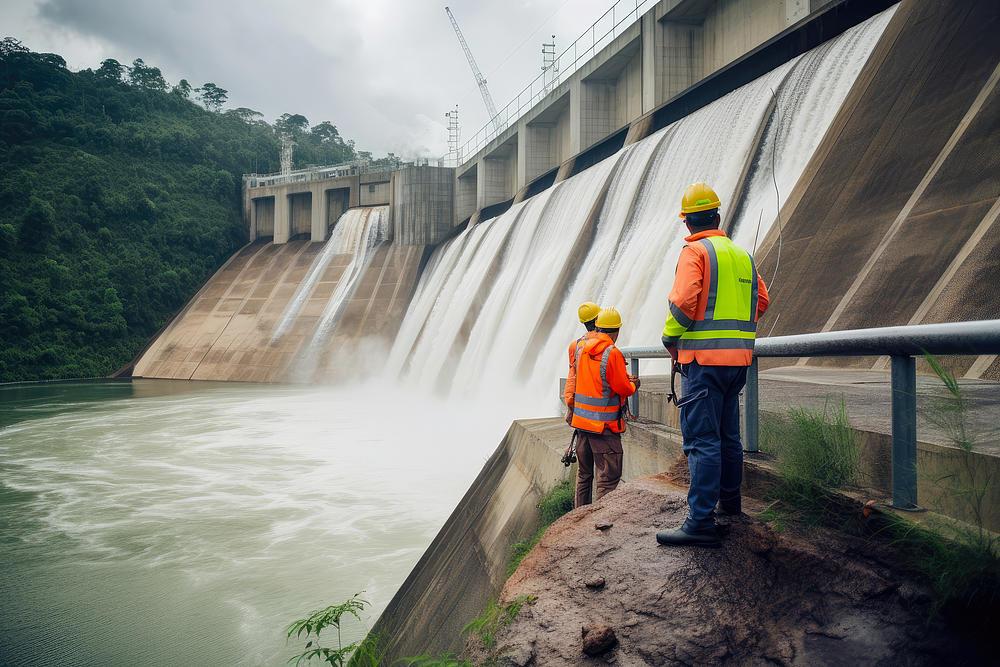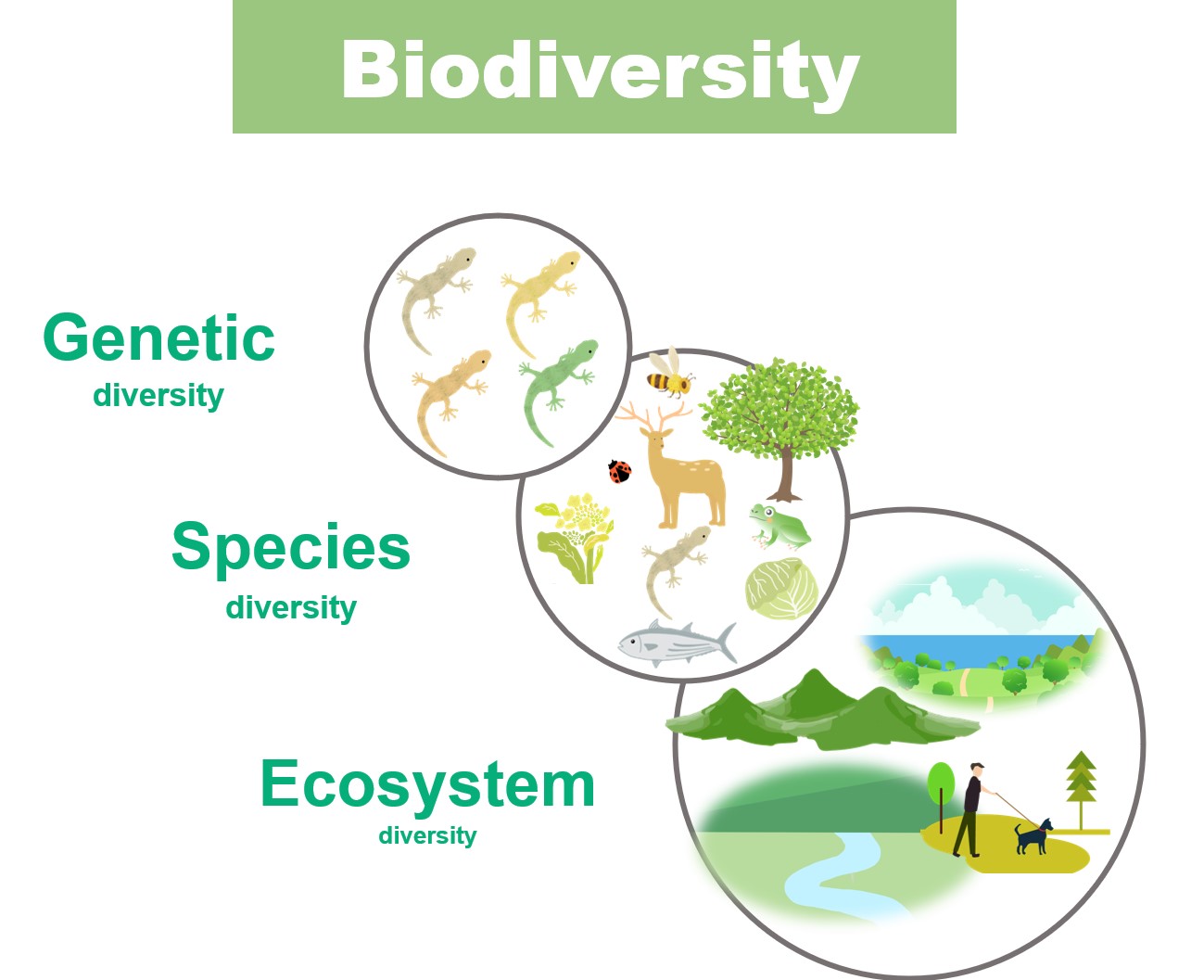Our Services
GEIT Consultancy provides expert solutions across various industries, ensuring compliance, innovation, and sustainability.

Social Assessment
Social Assessment (SA) is a process that analyzes the social and cultural impacts of a project, policy, or intervention on human populations, focusing on identifying potential risks and benefits, and ensuring equitable and sustainable outcomes.
Purpose:
SA aims to understand the social context of a project or intervention, identify potential social impacts (both positive and negative), and develop strategies to mitigate negative impacts and maximize positive ones.
Scope:
SA encompasses a wide range of social factors, including:
- Social Structures and Institutions: Examining power dynamics, community organization, and social norms.
- Cultural Values and Practices: Understanding the cultural context and ensuring that interventions are culturally sensitive.
- Social Vulnerabilities: Identifying groups that are particularly vulnerable to negative impacts, such as marginalized communities or those affected by conflict.
Methodology:
SA involves a variety of methods, including:
- Literature Review: Examining existing research and data related to the social context of the project area.
- Social Mapping: Identifying key social assets and vulnerabilities within the project area.
- Data Analysis: Analyzing qualitative and quantitative data to identify patterns and trends.
Applications:
SA is used in various contexts, such as:
- Development Projects: Ensuring that development interventions are socially responsible and sustainable.
- Policy Development: Informing policy decisions that have social implications.
- Emergency Response: Assessing the social needs of communities affected by disasters.
Benefits:
SA can help to:
- Prevent unintended negative impacts: By identifying potential risks early on, SA can help to mitigate them before they occur.
- Ensure equitable outcomes: By focusing on the needs of marginalized groups, SA can help to ensure that interventions are fair and just.
- Promote community participation: By involving affected communities in the assessment process, SA can help to build ownership and buy-in for the project or intervention.
- Improve project sustainability: By addressing social issues, SA can help to ensure that projects are sustainable in the long term.

Water Resource Management
GEIT provides efficient and sustainable solutions to optimize natural flows in rivers and groundwater sources to meet the various competing needs for water. We offer solutions driven by insight and innovation to meet challenges posed by the ever-changing water demand for domestic, agricultural, and industrial uses.
Our Services Include:
- Flood Risk Assessment: Evaluating flood risks and developing strategies to mitigate their impact on communities and infrastructure.
- Geophysical Exploration and Groundwater Modeling: Using advanced techniques to explore groundwater resources and model their sustainable use.
- Wastewater Management and Zero Liquid Discharge Plan: Implementing innovative solutions for wastewater treatment and zero liquid discharge to protect water resources.
- Water Supply and Sanitation Network Modeling: Designing and optimizing water supply and sanitation networks for efficient and sustainable service delivery.
What is Water Resource Management?
Water resource management is the holistic approach to planning, developing, and managing water resources to ensure sufficient quantity and quality for various uses, including drinking water, sanitation, agriculture, and industry, while also considering environmental needs.
Our Approach:
We focus on:
- Sustainability: Ensuring water resources are managed in a way that meets current needs without compromising future generations.
- Innovation: Leveraging advanced technologies and methodologies to address water challenges.
- Integration: Balancing competing demands for water across domestic, agricultural, and industrial sectors.
- Environmental Stewardship: Protecting ecosystems and biodiversity while managing water resources.

Ecology & Biodiversity Conservation
Ecology is the scientific study of interactions between organisms and their environment, while biodiversity conservation focuses on protecting the variety of life on Earth. Understanding ecology is crucial for effective biodiversity conservation efforts.
Our Services Include:
- Ecological Baseline Survey: Conducting comprehensive surveys to understand the ecological conditions of a project area and establish a baseline for future assessments.
- Biodiversity Management and Conservation Plan: Developing strategies to manage and conserve biodiversity, ensuring the protection of ecosystems and species.
- Ecosystem Services Assessment and Valuation: Assessing and valuing the benefits provided by ecosystems to inform sustainable development and conservation strategies.
What is Ecology and Biodiversity Conservation?
Ecology studies the relationships between living organisms and their environment, while biodiversity conservation aims to protect the variety of life on Earth, including species, ecosystems, and genetic diversity. Together, they form the foundation for sustainable environmental management.
Our Approach:
We focus on:
- Research and Analysis: Conducting detailed ecological studies to understand the dynamics of ecosystems and identify conservation priorities.
- Strategic Planning: Developing conservation plans that balance ecological needs with human activities.
- Community Engagement: Involving local communities in conservation efforts to ensure long-term sustainability.
- Policy Integration: Aligning conservation strategies with national and international environmental policies.
Why is Biodiversity Conservation Important?
Biodiversity conservation is essential for:
- Ecosystem Stability: Maintaining the balance of ecosystems and their ability to provide essential services.
- Climate Resilience: Enhancing the ability of ecosystems to adapt to climate change.
- Human Well-being: Supporting livelihoods, food security, and cultural values.
- Scientific Discovery: Preserving genetic diversity for future research and innovation.